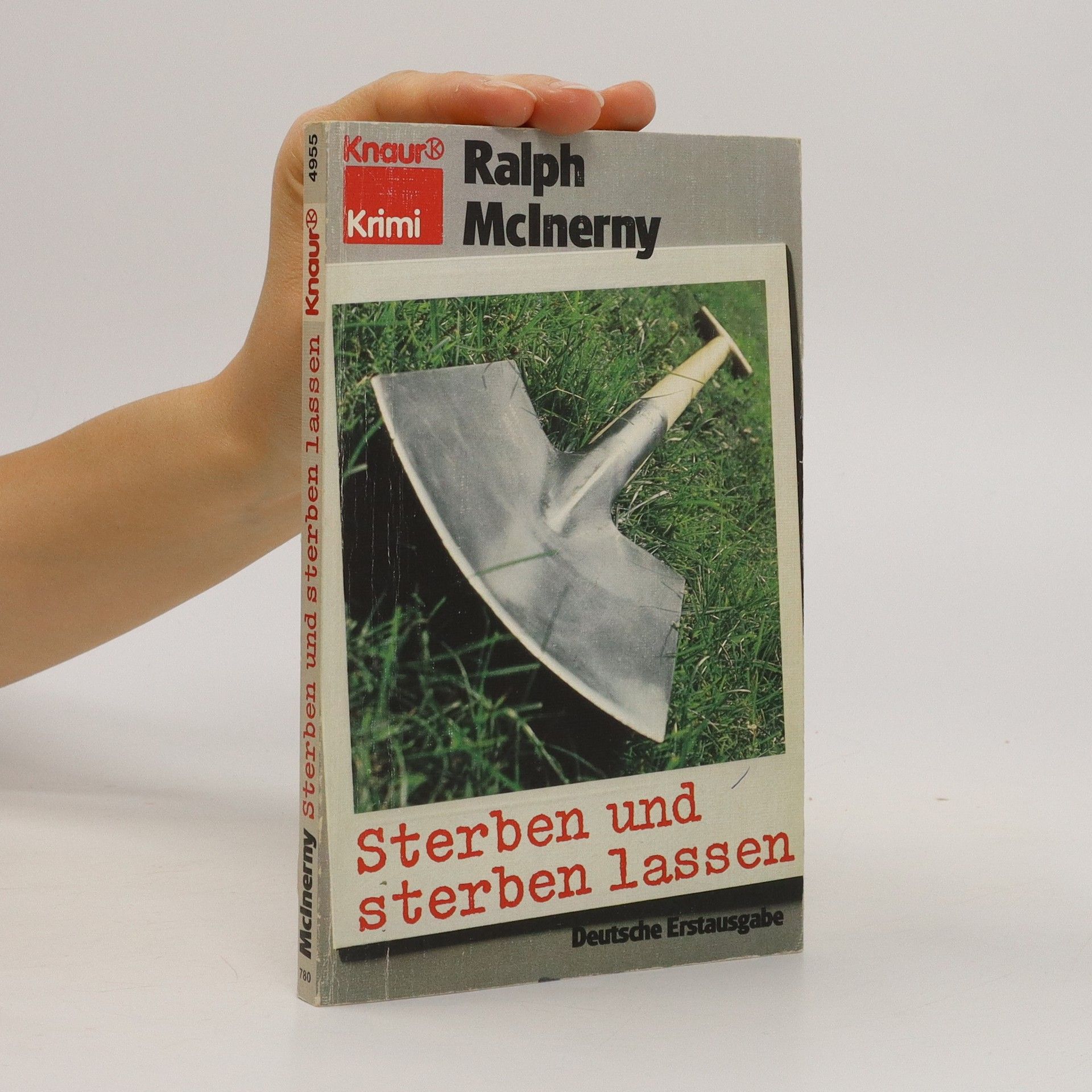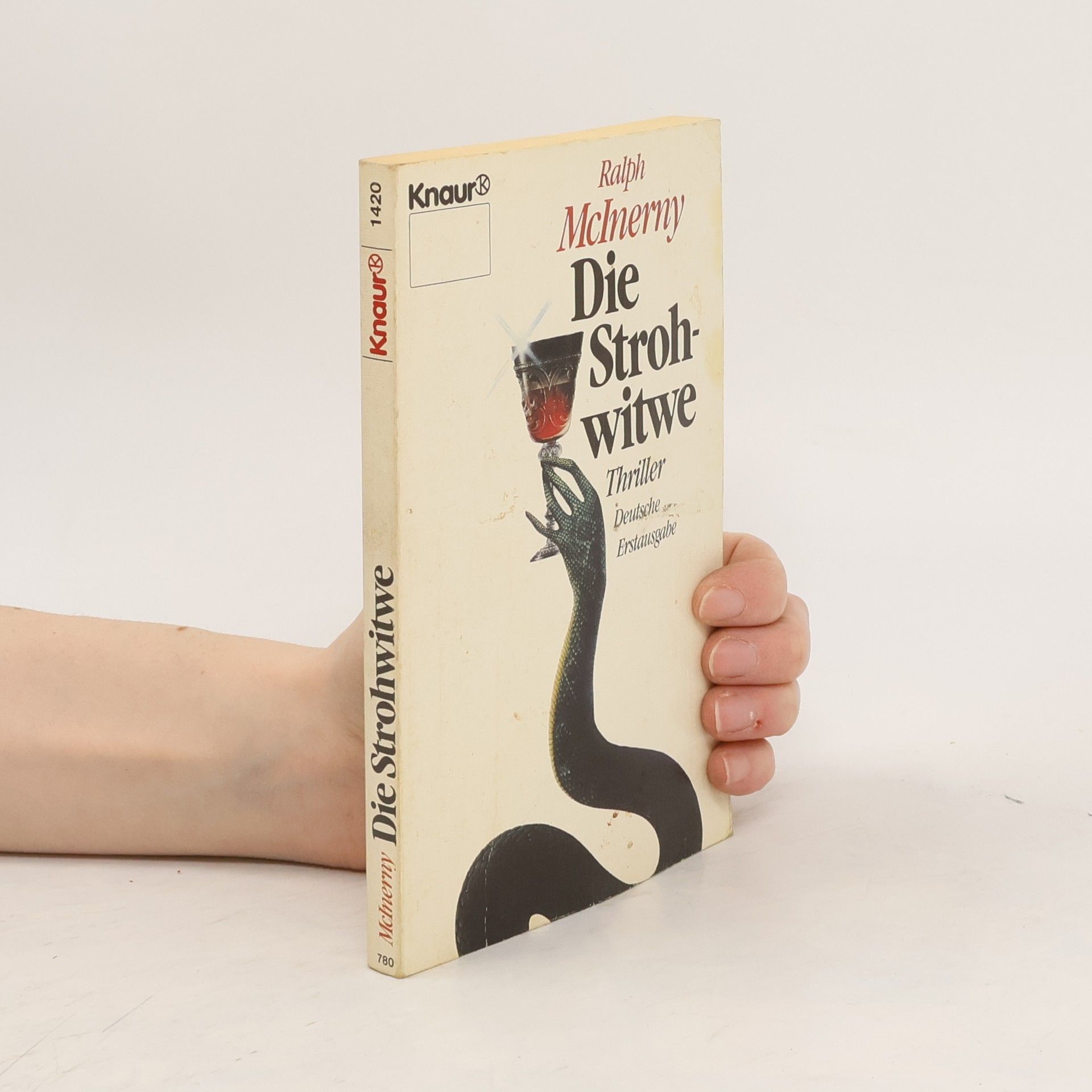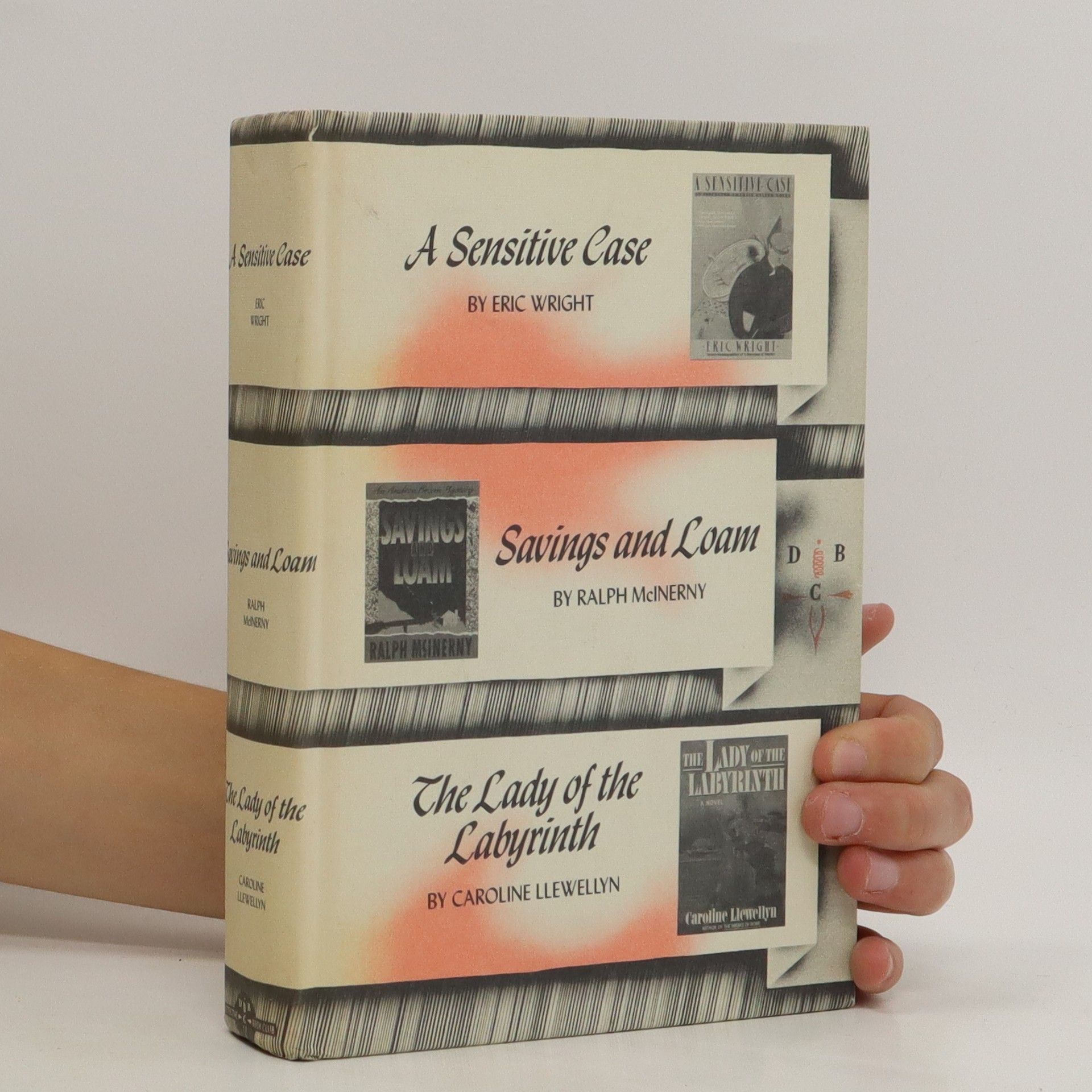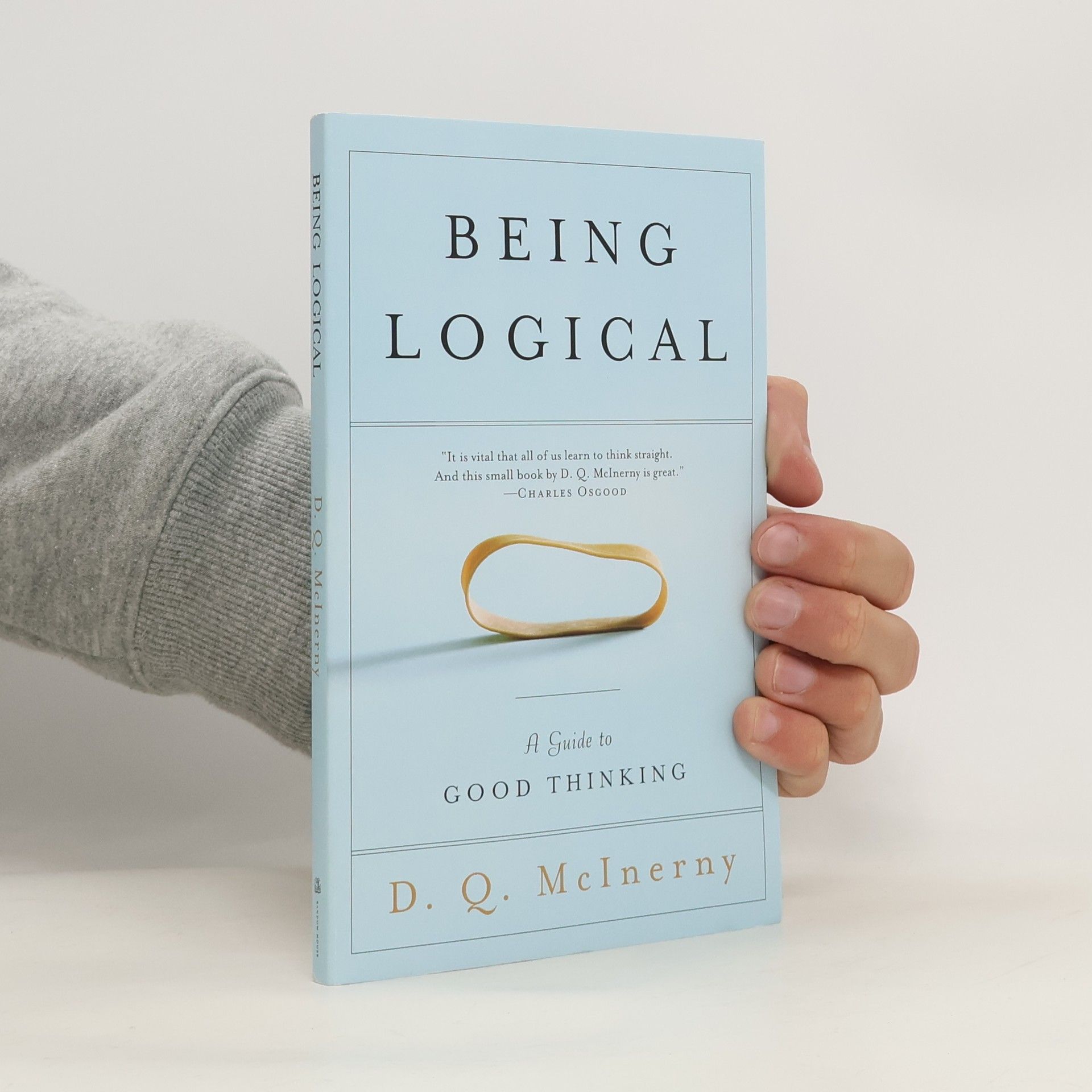Being Logical: A Guide to Good Thinking
- 160 páginas
- 6 horas de lectura
Whether regarded as a science, an art, or a skill{u2013}and it can properly be regarded as all three{u2013}logic is the basis of our ability to think, analyze, argue, and communicate. Indeed, logic goes to the very core of what we mean by human intelligence. In this concise, crisply readable book, distinguished professor D.Q. McInerny offers an indispensable guide to using logic to advantage in everyday life. Written explicitly for the layperson, McInerny{u2019}s Being Logical promises to take its place beside Strunk and White{u2019}s The Elements of Style as a classic of lucid, invaluable advice





